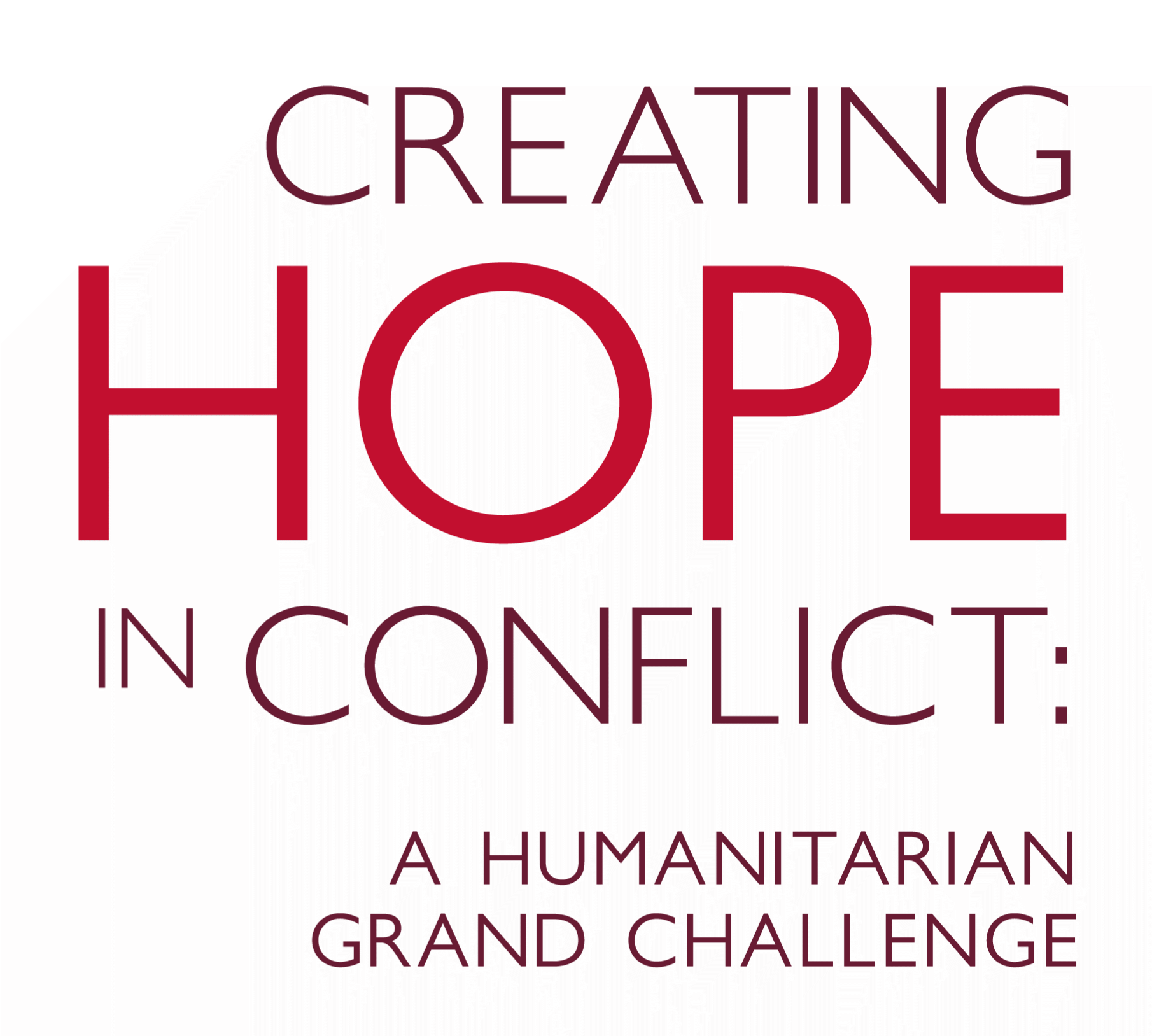Open Source Internet-of-Things Platform to Monitor Water, Sanitation and Hygiene for Internally Displaced Communities and Refugee Camps
THE CHALLENGE
Water, sanitation, and hygiene (WASH) services in Internally Displaced Persons (IDP) and refugee camps are often strained by insecurity and difficult to access, especially during rainy reasons. High-quality data on the performance and usage of WASH assets in camps is difficult to obtain and places heavy demands on staff time and resources. Without adequate data, however, there is limited evidence to drive decision-making on WASH programming and to proactively identify needs and gaps in WASH services, as needed to design responsive strategies.
THE SOLUTION
To increase the availability and quality of camp WASH data needed for evidence-based decision-making, Upande Limited developed an offline Internet of Things (IoT) platform for humanitarian agencies in conflict settings to monitor key WASH indicators including water levels, flow, and chlorine concentrations. This plug-and-play, easy-to-operate, affordable offline tool, was designed to allow local partners to maintain their setup without external support and to have regular access to high-quality data on the performance of WASH infrastructure as needed to make well-informed, data-driven decisions. During the CHIC funding period, monitoring devices were installed in 13 locations across camps in Nigeria (Rann) and Kenya (Kolobeyei). Local WASH and health experts were able to access WASH IoT data daily on their smartphones to monitor water level, flow, and chlorine concentrations across boreholes and water tanks. In both Rann and Kolobeyei staff also received automatic alerts from the installed sensors when chlorine threshold values were or were not reached, allowing them to implement early corrective measures. By the end of the CHIC grant, Upande Limited had entered a partnership with WaterStarters through Amref to reach other small-scale water providers in remote areas of Africa with this solution.
